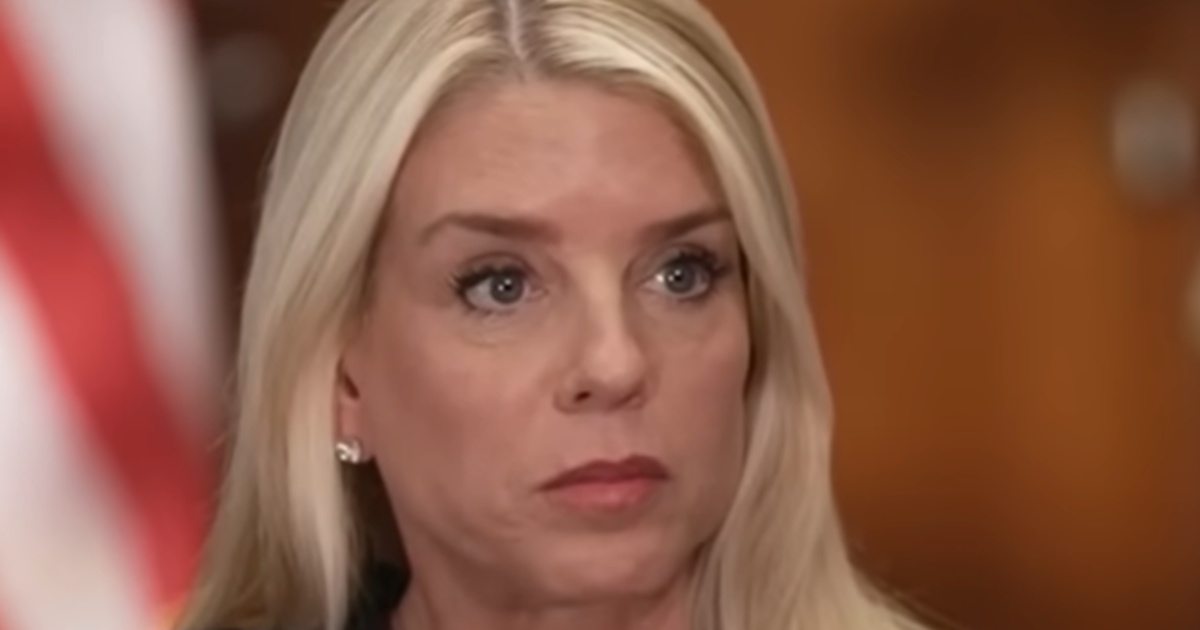Pam Bondi’s new position atop the Justice Department is already colliding with a Trump-sized ethics bomb, and at least one veteran prosecutor says the fallout could land at the state bar.
Andrew Weissmann, a former senior prosecutor on Robert Mueller’s team, argued on MSNBC that Trump’s reported bid to score a massive taxpayer-funded payout while his own former lawyers help run the DOJ is, in his words, “obviously ethically wrong,” and the kind of conflict that could draw scrutiny from professional regulators. His warning name-checked Attorney General Pam Bondi and Deputy Attorney General Todd Blanche, both longtime Trump allies now in positions to influence decisions that could benefit their past client.
Trump has active claims seeking more than 230 million dollars from the federal government for past investigations into him, including the Russia probe and the Mar-a-Lago documents case. As president again, he now oversees the department that would evaluate or settle those claims. Reports indicate that the filings were made under the Federal Tort Claims Act, and that ethics concerns have erupted because DOJ officials who once defended Trump could be in the loop on any resolution.
Trump’s team insists there is nothing to see. After the story broke, he said he was not personally handling the request and even suggested that he would donate any payout to charity, a line he delivered while blasting the investigation as politically motivated. The Justice Department, for its part, has said that “ethics officials guide all departmental actions” in matters like this. The posture may calm some nerves, but it does not erase the structural conflict, because the president stands to gain financially from a decision made inside his own executive branch.
Top House Democrats called the scheme an attempt to “pilfer” taxpayer money and warned that any self-dealing would run headlong into constitutional guardrails, including the Appropriations Clause. Their letter underscores the stakes for the Justice Department, where even the appearance of favoritism can be devastating to public trust. For lawyers like Bondi and Blanche, who owe duties of independence and candor, that spotlight is even harsher.
Weissmann’s on-air analysis mirrors the alarm coming from legal ethics experts who have watched Trump blur the line between public power and private gain. The concern is straightforward. If DOJ leaders previously represented Trump, or maintain loyalties to him, they may be conflicted out of touching his claims altogether. That would force recusals, firewalls, and a handoff to career officials who are insulated from political pressure. It is not just an internal housekeeping note; it is a bar issue because state disciplinary rules prohibit conflicts that materially limit a lawyer’s professional judgment. Weissmann’s bottom line was simple: career prosecutors should handle this, and if political appointees try to muscle in, the bar can and should take a look.
All of this lands on Bondi at a volatile moment as Trump’s push for a taxpayer-funded windfall has already triggered headlines across the political spectrum, and even his allies concede the optics are brutal. Ethics in government is not just about legality; it is about trust, and the sight of a president seeking a check from his own Justice Department would shatter it.
If Bondi and Blanche are anywhere near the chain of review, they will inherit the ethical exposure that comes with it. Weissmann’s warning is not bluster; it is a neon sign flashing the quiet part out loud. Keep the political hands off the cash claim, or expect the bar to come calling.









